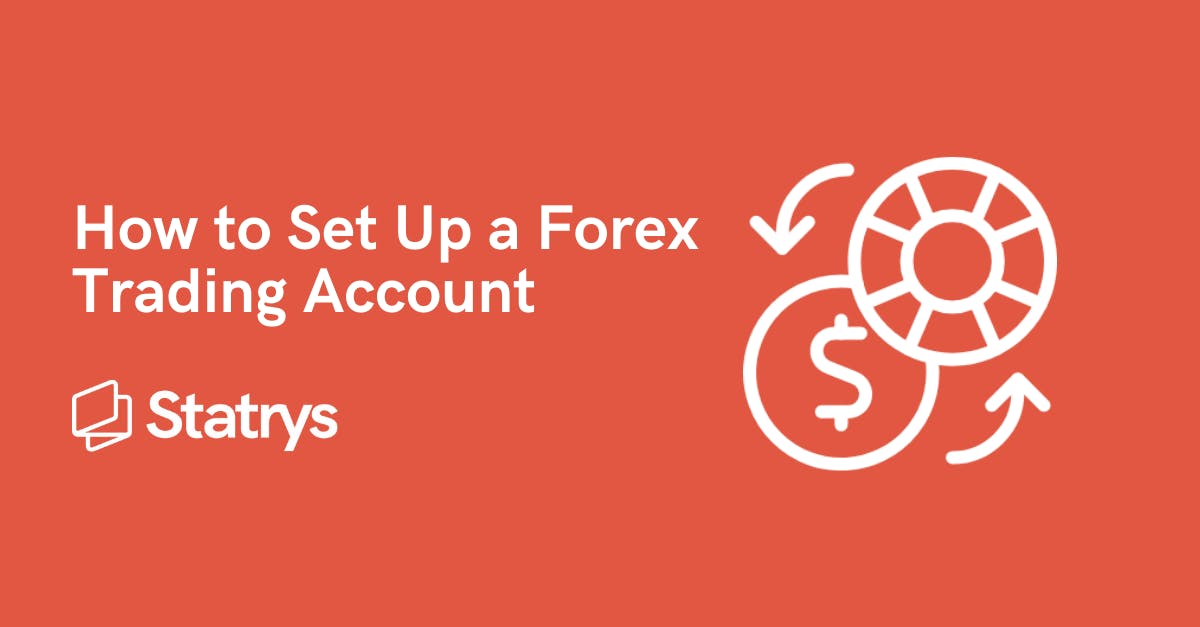In the realm of forex trading, the choice of account type can significantly impact your trading experience. With various options available, it’s crucial to comprehend the nuances of each type to make an informed decision that aligns with your trading strategy and risk tolerance.

Image: statrys.com
Account Types: A Comprehensive Overview
Forex accounts primarily fall into four categories, each catering to specific trader needs and preferences. These include:
1. Standard Account:
Standard accounts are the most common and accessible entry point for forex traders. They offer a balance between leverage, spreads (difference between buy and sell prices), and minimum deposit requirements, making them suitable for both beginners and experienced traders.
2. Micro Account:
Micro accounts are designed for novice traders or those with limited capital. They feature lower minimum deposits and smaller lot sizes (contracts representing currency units), allowing traders to minimize risk and practice their trading strategies with virtual or real money.
3. ECN Account:
Electronic Communication Network (ECN) accounts provide direct access to the interbank market, where large financial institutions trade directly with each other. They offer tighter spreads with higher transparency, but require a higher minimum deposit and may involve higher commissions.
4. VIP Account:
VIP accounts are reserved for experienced traders with substantial capital and trading volume. They offer exclusive benefits, such as dedicated account managers, tailored trading conditions, and trading contests, but typically come with a higher minimum deposit requirement.
Choosing the Right Account Type for Your Needs
The optimal account type for you depends on factors such as:
1. Trading Experience:
If you’re new to forex trading, a standard or micro account can provide a cushioned learning environment with lower risks.
2. Risk Tolerance:
ECN and VIP accounts provide greater market exposure, but also carry higher potential risks. Assess your risk tolerance before opting for these accounts.
3. Trading Strategy:
Scalpers and high-frequency traders may prefer ECN accounts with tight spreads, whereas long-term investors may find standard accounts more suitable.
4. Capital Availability:
Consider your available capital when selecting an account type. Micro accounts are ideal for limited capital, while VIP accounts require substantial deposits.
Tips for Choosing an Account: Seeking Depth and Value
Beyond basic account types, here are additional factors to consider when selecting a forex broker and account:
1. Regulation and Reputation:
Opt for brokers regulated by reputable entities to ensure transparency and fund security.
2. Competitive Spreads and Fees:
Compare spreads and commissions across brokers to minimize trading costs.
3. Trading Platform and Tools:
Select a broker that offers a user-friendly trading platform with advanced features to support your trading style.
4. Customer Support:
Reliable customer support is vital for swift and efficient problem resolution.

Image: www.itbriefcase.net
What Is Account Type In Forex
Conclusion: Empowering Forex Traders
Understanding the nuances of forex account types empowers traders to make informed decisions that can enhance their trading journey. By aligning your choice with your trading needs and preferences, you can navigate the forex market with greater confidence and a strategy that suits your unique objectives. Remember, comprehensive research and due diligence are key to choosing the perfect account and ultimately succeeding in the realm of forex trading.






